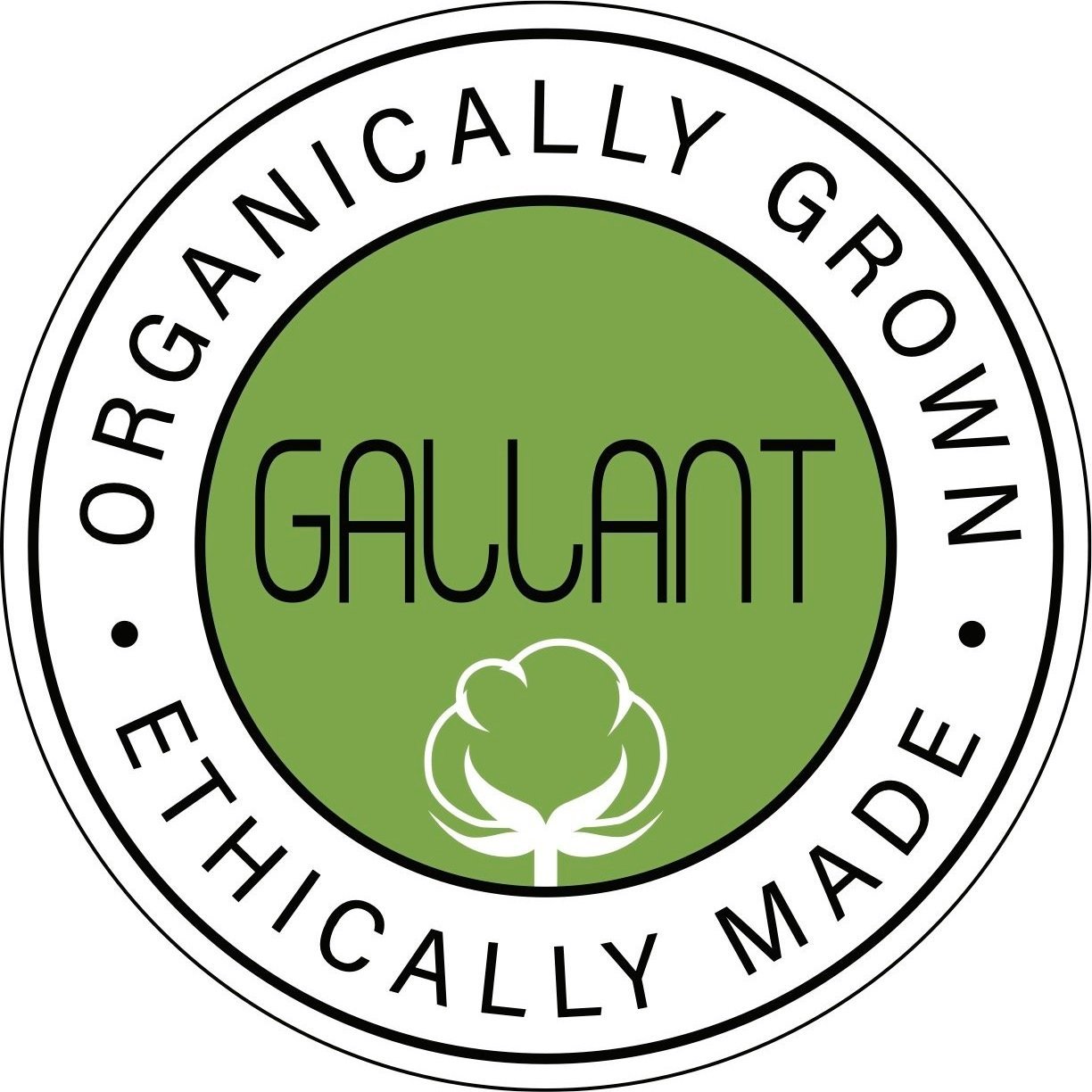General Mills is investing in the future through Regenerative Organic Agriculture
In your kitchen cabinet, at the breakfast table, lunch, snack, and dinner— General Mills products are intricately woven into our daily lives in more ways than we realize.
One of the most well-known food producers in the country, General Mills has achieved momentous milestones and is now on a mission to do more for society.
General Mills gives the world nutritional pleasure, ensures all its employees have a voice and prioritizes racial and social injustices. The company donated $98.3 million to charitable causes in 2021 as part of its commitment to uplifting local committees that work hard to improve food production and supply. They also invested more than $318 million with their suppliers in the US that were predominately minority, veteran, women, disabled, and LGBTQ+ owned businesses.
Alongside their significant presence in generous philanthropic giving, General Mills is also leading the emergence of regenerative agriculture.
Image by General Mills
The Regenerative Mission
General Mills works with reliable farm advisers, suppliers, and organic and conventional farmers in major agricultural areas to promote regenerative agricultural principles. The company aims to address biodiversity loss in ecosystems and restore quality and health to soil, water, and air through techniques such as carbon sequestration.
General Mills' Six Principles Attributed to Regenerative Farming
Understanding the environment of farming practices
Minimizing soil disturbance
Maximizing diversity
Keeping the soil covered
Maintaining living roots year-round
Integrating animals/ livestock
So far, General Mills has 70,000 acres of land under regenerative agriculture pilot programs and is aiming to reach 1 million acres by 2030. Their regenerative agriculture initiatives mainly focus on ingredients with the highest emission levels of GHGs, such as wheat, rice, dry corn, fats and oils, oats, etc.
Collective Action for the Greater Good
Nature restoration requires enormous effort, which calls for collective action and engagement. As a result, General Mills has collaborated with corporations equally driven and passionate about planet-saving missions, including Soil Health Academy, Resource Environmental Solutions, Colorado State University, and the National Fish and Wildlife Foundation (NFWF) (among others) to reverse the damages and also to accelerate regeneration.
A Better Future for All
Social good can take diverse forms for different businesses, but the goal is the same; to be dedicated to a mission committed to empowering the planet and the people on it. According to General Mills, doing good must be in concert with doing well financially by conducting businesses ethically with integrity and humanity for mutual success.
"These past few years have challenged us to do more, and I'm proud to say that we met the moment. We have nourished more families, provided extra care for our hometown communities, supported our employees in new ways, and advanced our efforts to regenerate our planet. Our scale brings both opportunity and responsibility, and we're more determined than ever to ensure the 'G' in General Mills stands for Good."
Jeff Harmening, Chairman & CEO of General Mills.
Get inspired- learn how General Mills is doing right for a better tomorrow HERE.
Related blog:

